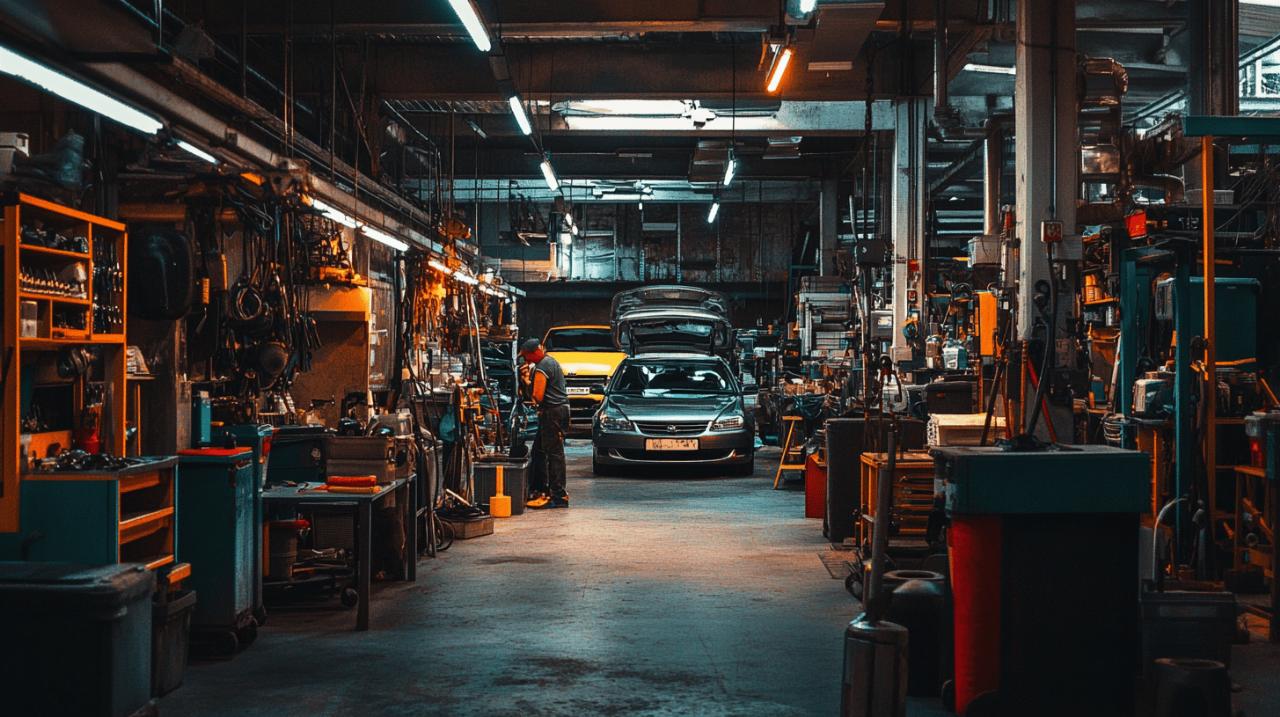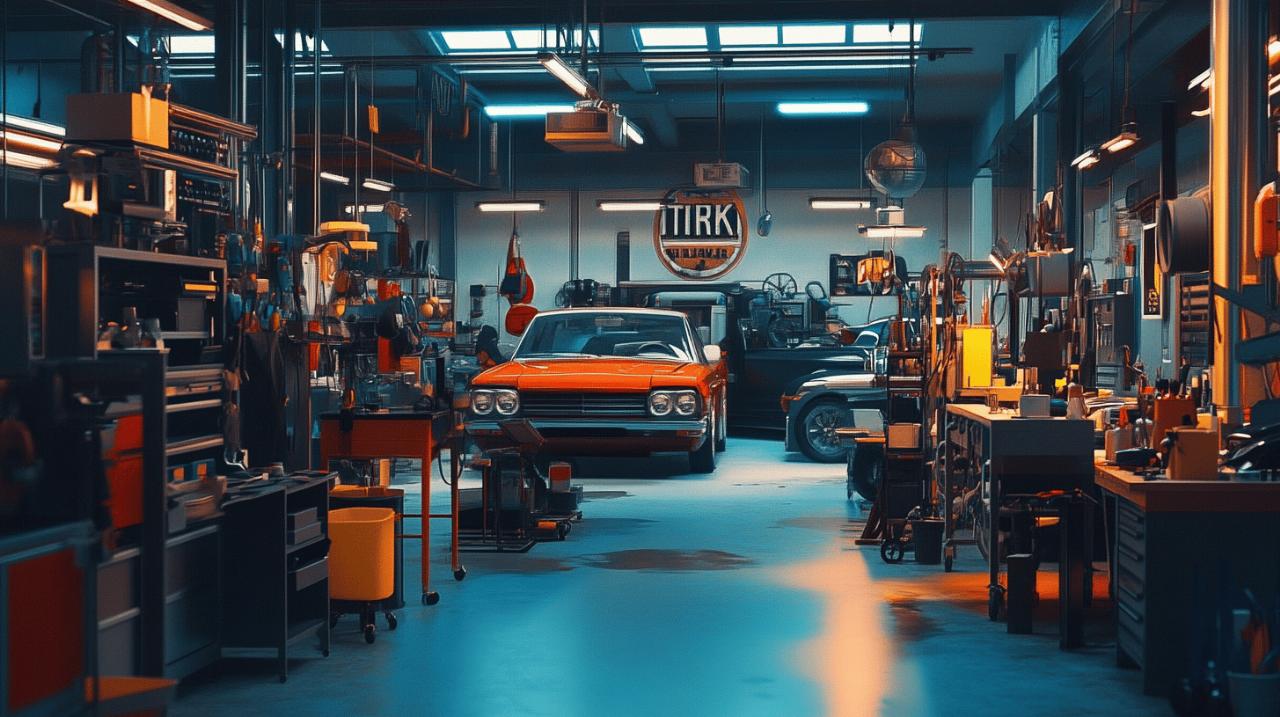Maintaining your vehicle is a critical aspect of car ownership that often gets overlooked. Regular attention to your auto needs not only ensures safety on the road but also contributes significantly to your vehicle's longevity and performance. Understanding when and how to service your car can save you from unexpected breakdowns and costly repairs down the line.
Regular car maintenance fundamentals
At its core, a car service acts as a comprehensive health check for your vehicle. This routine maintenance assesses various aspects of your auto components, from engine fluid levels to general wear and tear on crucial systems. Experts recommend having core systems inspected every 12,000 miles or 12 months, whichever comes first. These systems include brakes, suspension, wheels, engine, fluids, oils, steering, tyres and lights. Regular servicing delivers multiple benefits, including improved fuel efficiency, better handling, smoother engine performance, and significantly reduced chances of breakdowns.
Recognising when your vehicle needs attention
Being attentive to your vehicle's behaviour can help you identify maintenance needs before they escalate into serious problems. Strange noises, unusual vibrations, warning lights on your dashboard, or changes in driving performance are all indicators that your car requires professional attention. Daily inspections of your vehicle can reduce malfunctions by up to 30%, according to automotive experts. Understanding your dashboard indicator lights is particularly important. Red lights typically indicate serious issues requiring immediate attention, while yellow or orange lights suggest potential problems that need checking soon. Pay close attention to tyre pressure weekly, as underinflated tyres contribute to thousands of crashes annually. Similarly, brake system maintenance deserves special attention as inadequate maintenance of this critical safety feature causes approximately 5% of road accidents.
Proper Scheduling for Different Types of Services
Vehicle maintenance follows a structured schedule depending on the type of service required. An interim service should be carried out every six months or 6,000 miles and includes essential checks and adjustments. A full service, which is more comprehensive and includes an engine oil and filter change, a check of all fluids, and a complete brake inspection, should be conducted every 12 months or 12,000 miles. For even more thorough maintenance, a major service offers a more extensive version of the full service, including a wide range of replacements and fixes. While most manufacturers suggest servicing at least once a year, your driving habits and conditions may necessitate more frequent checks. Unlike an MOT, which is a legal requirement checking safety and environmental impact, car servicing is not legally mandated but is highly recommended for optimal performance and safety. Maintaining a full service history also significantly increases your car's market value when it comes time to sell.
Choosing the right service provider
 Selecting the appropriate service provider for your vehicle maintenance needs is crucial for ensuring quality work and fair pricing. Options range from dealership service centres to independent garages and even mobile mechanics who can service your vehicle at home. Each option has its advantages, with dealerships typically having specialised knowledge of specific brands, while independent garages may offer more competitive pricing. Companies like Genius Motor Mechanics provide various services including general repairs, vehicle diagnostics, and engine work. Similarly, RKH Service and Repair offers maintenance, MOT services, and specialised work like wheel alignment and air conditioning servicing in Kent.
Selecting the appropriate service provider for your vehicle maintenance needs is crucial for ensuring quality work and fair pricing. Options range from dealership service centres to independent garages and even mobile mechanics who can service your vehicle at home. Each option has its advantages, with dealerships typically having specialised knowledge of specific brands, while independent garages may offer more competitive pricing. Companies like Genius Motor Mechanics provide various services including general repairs, vehicle diagnostics, and engine work. Similarly, RKH Service and Repair offers maintenance, MOT services, and specialised work like wheel alignment and air conditioning servicing in Kent.
Evaluating garage credentials and expertise
When entrusting your vehicle to a service provider, investigating their credentials and expertise is essential. Look for garages with certified mechanics who have experience working with your specific make and model. Professional diagnostic capabilities are particularly important in modern vehicles with complex electronic systems. Vehicle diagnostics involve identifying and evaluating car problems using sensors and Electronic Control Units which generate diagnostic trouble codes. Quality service providers use sophisticated diagnostic tools including code readers, multimeters, oscilloscopes, and smoke machines to accurately identify issues. They should follow systematic diagnostic approaches, including visual inspection, reading codes, examining live sensor data, and running specific tests. Consider asking potential service providers about their diagnostic equipment and procedures, as well as their approach to training and keeping up with evolving automotive technology.
Cost considerations without compromising quality
While cost is inevitably a factor when choosing a service provider, it should not be the only consideration. A full service typically costs around £260, though prices vary depending on the vehicle make, model, and the garage's location. Some garages offer promotional deals or loyalty discounts that can make quality servicing more affordable. Consider the long-term value rather than just the immediate cost. Regular maintenance, though representing an ongoing expense, helps avoid much larger repair bills that might result from neglected issues. When comparing quotes, ensure you understand exactly what each service includes to make fair comparisons. Some garages like Auto Service Feser specialise in repairs and maintenance for all car brands, offering comprehensive service options. Many service centres also provide additional value through customer education about car care and maintenance tips. Remember that investing in quality servicing is ultimately an investment in your vehicle's reliability, safety, and resale value.
